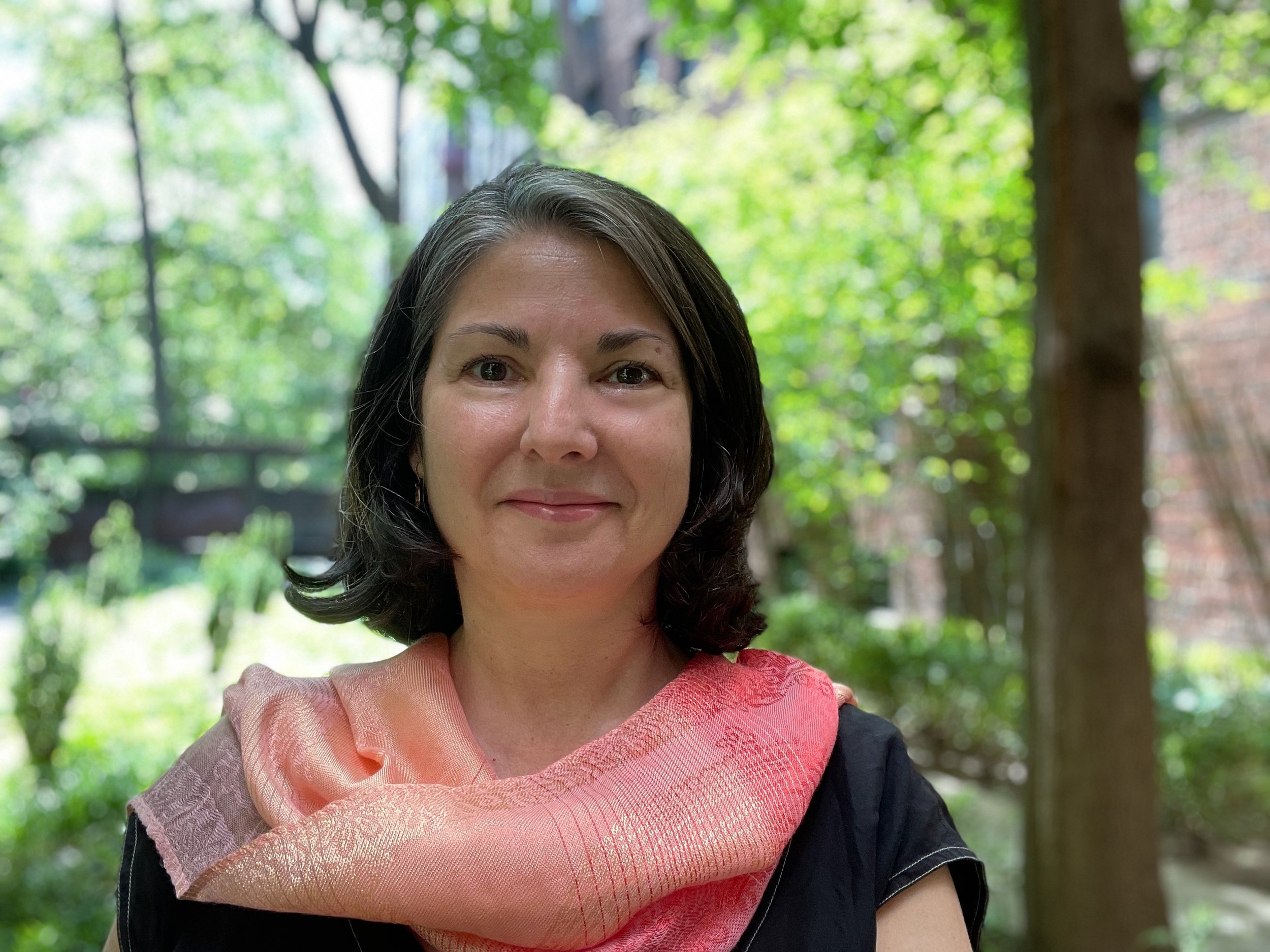The latest episode in our Resilience Unravelled series has now been released, Resilience Unravelled -Building a life after loss. Healing from grief.
Julie Cluff is a speaker, author, international life and grief coach, and the founder of Build a Life After Loss. As a life and grief coach, she helps those who are grieving to rebuild their life after loss and is the author of the book Miracles in the Darkness, in which she shares her experiences with grief, including the death of her two youngest children in a car accident on Mother’s Day in 2007, and her journey back to hope and healing.
Julie is based in Salt Lake City, Utah but is originally from Florida. She lost her brother to suicide when she was in her 20s and this was her first really devastating loss. Shortly after this, she went through another painful period when she was divorced from her first husband, which left her with three small children to care for. Then, on Mothers Day on 2007, she was travelling from her home in Texas to her in-laws home in North Carolina with her three youngest children. She didn’t feel at all tired but mid-afternoon she fell asleep at the wheel. She woke up between the east and westbound lanes of the highway and in shock tried to pull her vehicle back onto the road but then felt the wheels lift off the road. She can remember the vehicle rolling but then hit her head and couldn’t see anything. When the vehicle stopped rolling, she could hear her twelve-year old son James who had been sitting next to her crying. She knew he was alive and in pain but when she called to her other two children who had been sitting in the back of the car, Cary who was ten and David who was eight, she got no answer.
When she started to come round and her sight returned she realised that they had been thrown from the car when it rolled. The police and ambulance crews arrived at the scene but Julie was stunned both physically and emotionally and wasn't unable to get to Cary and David. She was then taken to hospital with James but Cary and David were taken to different hospital and it wasn't until two hours later that she found out they hadn’t survived. The level of pain and grief she then experienced was unlike anything she had experienced.
Physically she was the least injured from the crash with a broken wrist and sprained shoulders but her injuries were more emotional including PTSD. As well as the three children who had been in the vehicle with her she also had three older children who hadn’t travelled with them because of their school schedule. The accident had a huge effect on these surviving children. Julie wasn’t in a good place herself so it was very difficult to support them, She and her husband relied a lot on their family, friends, church members and neighbours who all came together to help. The whole family also sought professional help and saw a therapist to get some direction. Julie also went through two and a half years of therapy to help with her PTSD.
Julie feels that her previous losses informed her experience dealing with such a horrific accident. As well as reaching out to friends and seeking professional help, Julie feels that what kept her going was the thought that she still had things to live for. She was in extreme pain and felt that it would have been easier to have died at that moment but she still had living children and her husband. It was difficult for her marriage but they muddled through.
The guilt was unrelenting. Julie feels that we don't talk enough about self-forgiveness which is as important as forgiving others. It took a long time for Julie to accept and forgive herself. Sometimes when we blame ourselves we need to accept that ‘it is what it is’ and then ask ourselves ‘now what am I going to do with it’? The thought that keep coming into Julie’s mind was that there was a reason why she was still here. When we lose someone we love, especially if we are involved in an accident and have survivor’s guilt, we need to see that there is a reason we are still here and tap into it. We need to look for a path forward and see the good that can still come from our life. Things can be different if we can work thorough and let go of the pain of a loss. The loss is still there but if we can work through the pain then we can look forward and see that although life is different it can still be great.
Grief is something we will all experience but most of us are uninformed about what is normal and what is not. Support often comes at the wrong time. There are lots of offers to help at the beginning but you often end up having to cope with everyone else’s grief. The offers tend to have disappeared later when you need it. Support needs to be stronger than the challenge. We need to find the support systems that will be meaningful and encourage us to build hope. Julie knows how emotionally hurt she was when her brother died and her marriage ended but despite how hurt she was she was able to move through it and rebuild her life. Her thought was that if she could do it before it is possible to do it again. What we really need is strong hope – a certainty of hope so we understand that it is possible
When people talk about closure they are triggered into thinking they can never move on. The loss still exists therefore they cannot recover, but closure is not the closure of the relationship. People get confused and think that if they let go of the pain they let go of the person. They connect the pain with the person and we need to separate the two. Julie lives in love and gratitude to her children who died and lives in love and gratitude to those who are living – you can’t raise one above the other
You can listen to the podcast in full and find out further information about Julie here. Our previous podcast episodes, upcoming guest list and are also available.
You can get in touch with Julie through her website buildalifeafterloss.com were you an find a weekly podcast and the option for a Free Discovery Consultation. Her book Miracles in the Darkness is also available.



















